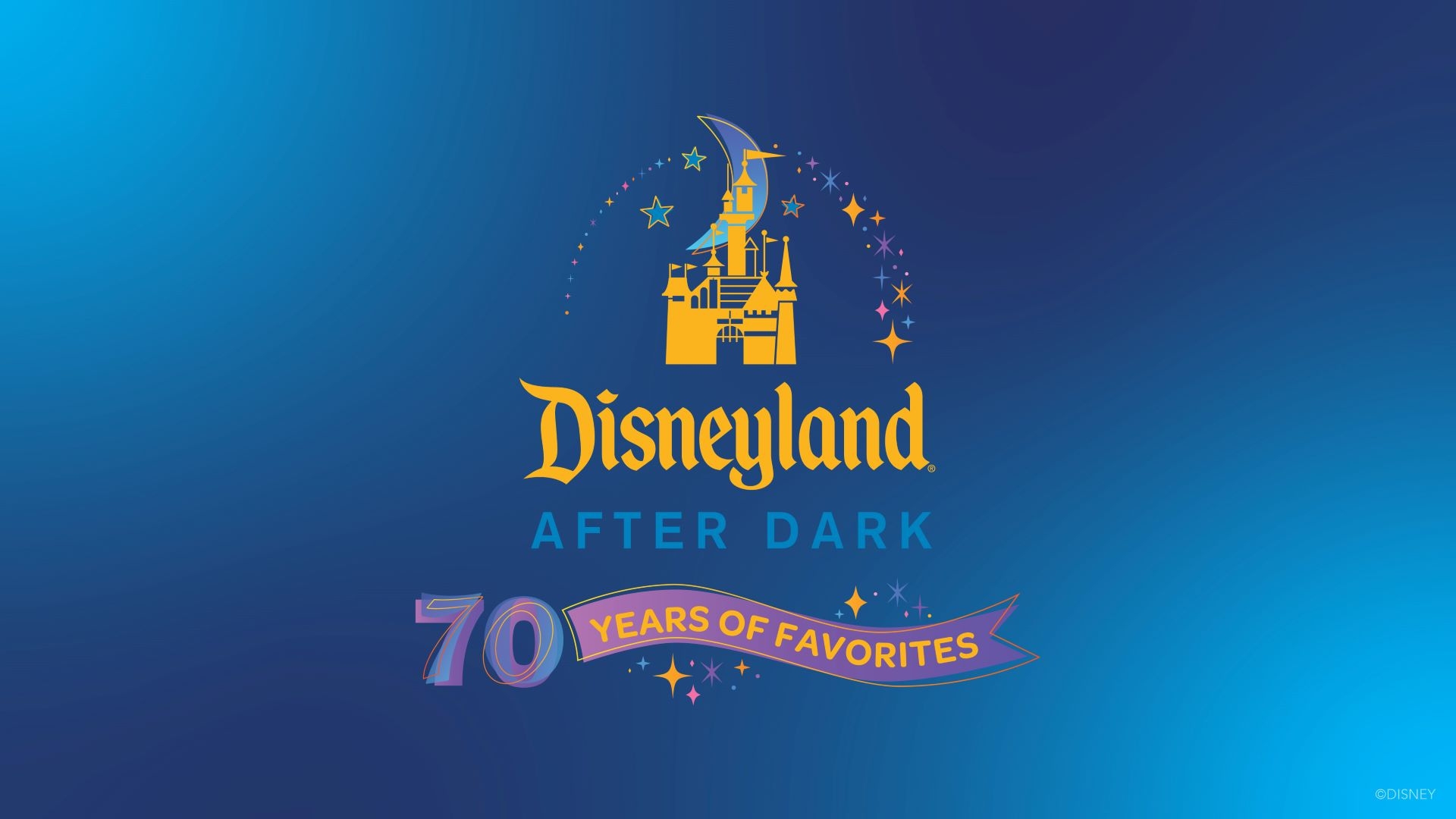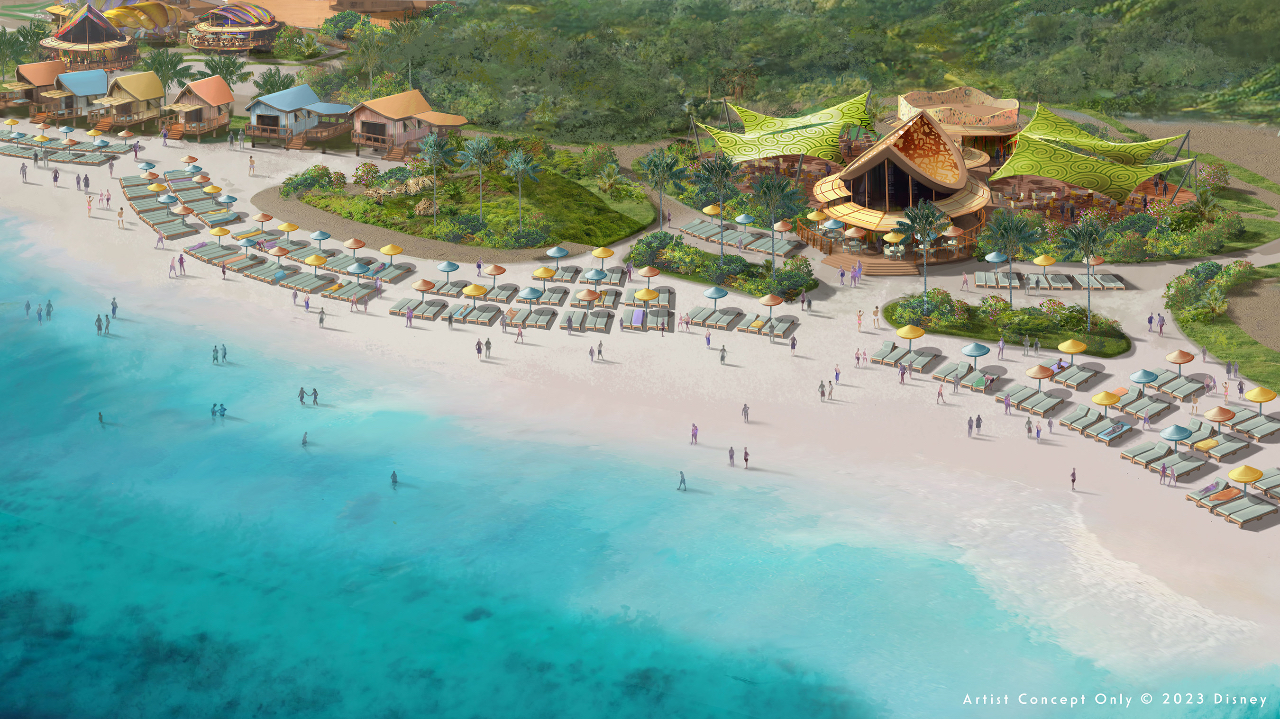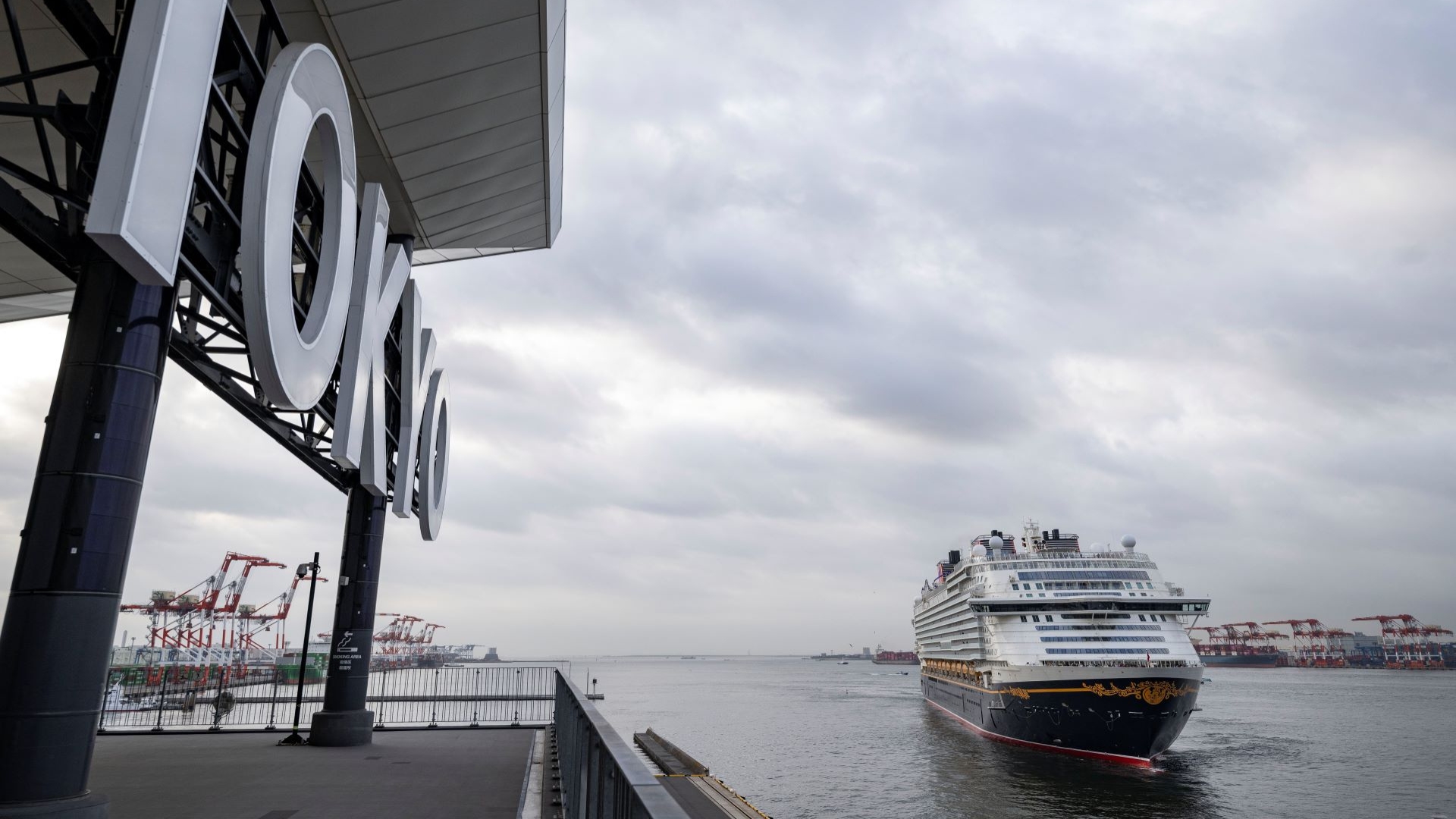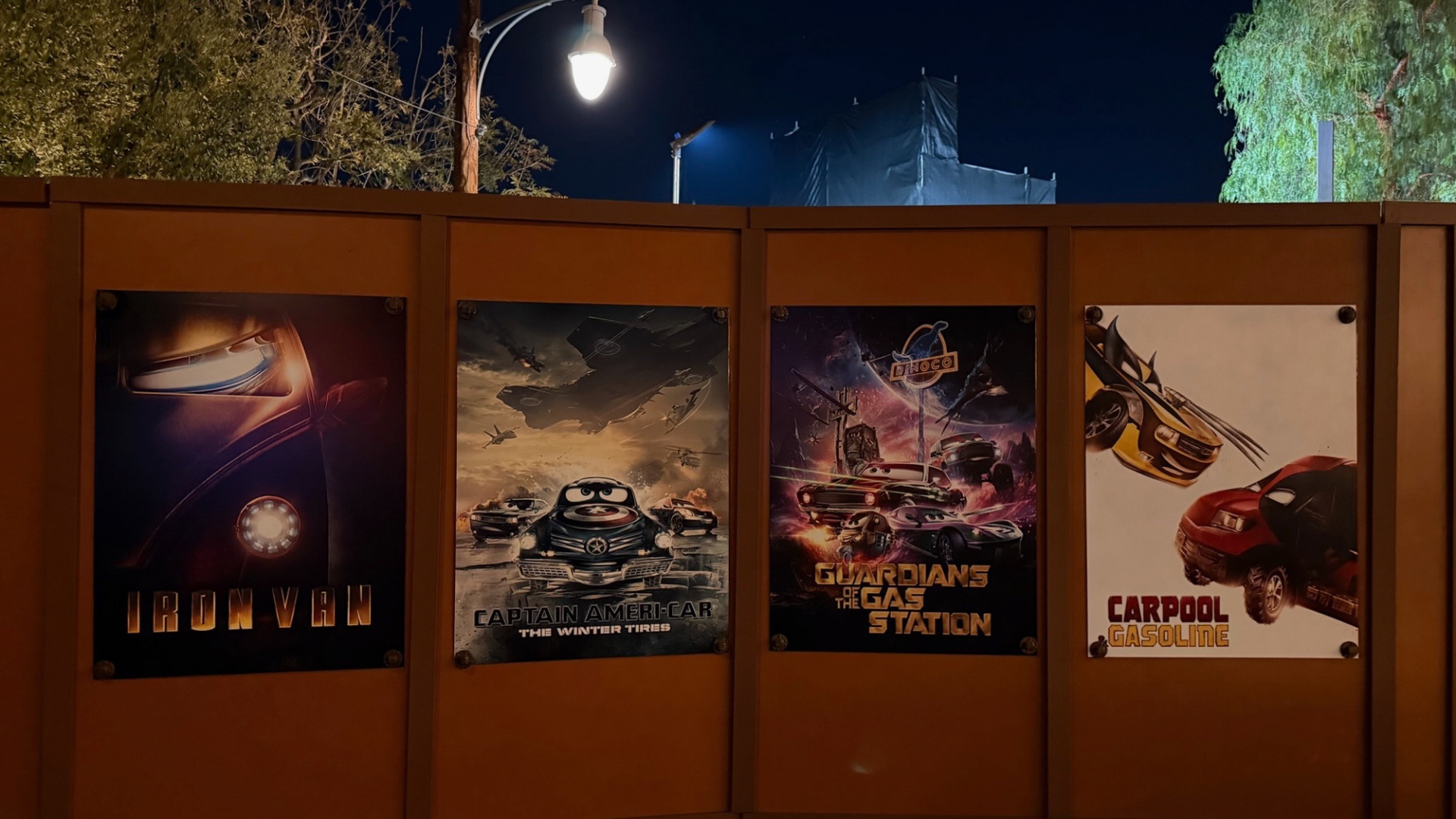Walt Disney World visitors could eventually order line-skipping, FastPass ride tickets from their cell phones or home computers, and could receive preferential treatment based on the price of their Disney accommodations, using a new technology the resort's parent company is developing.
The technology, which the Walt Disney Co. is seeking to patent, would use central computers to manage distribution of FastPass tickets throughout Disney World's four Central Florida theme parks and at Disneyland in Southern California. Such passes, which shorten the wait for theme park rides, could be ordered and downloaded through all sorts of wired or wireless digital devices, according to the patent application filed Aug. 30.
FastPass tickets are available from kiosks placed outside popular rides such as Space Mountain in the Magic Kingdom and Soarin' in Epcot.
Disney spokeswoman Kim Prunty said the technology is envisioned for use in connection with all sorts of guest services, such as shopping and dining room management. There are no plans to change FastPass, she said.
"They are still in the very early stages of development. There's no telling where the dreams might lead," Prunty said. "We're looking at lots of ways to use interactive technology."
Still, most of the 30-page patent application deals with FastPass, spelling out an interactive, digital system in detail.
Among the ideas: How theme park officials or customers could revise FastPass times via text messages in case something such as poor weather complicates plans.
The wait in line for the more popular Disney rides is typically more than an hour. But people who swing by early can pick up FastPass reservation tickets at a designated kiosk, which lets them return at set times and enter the ride through a shorter line.
The ideas in the patent application are an evolution of Disney's ride-line management, said Dennis Speigel, a private consultant and president of International Theme Park Services.
"It's kind of the digital-age queue line," Speigel said.
Some people — notably single-day visitors to the giant resort's theme parks — could be frustrated by some of the ideas in the patent paperwork, however.
Disney's application openly suggests that the technology could be used to give preferential treatment to people who spend more money at the resort.
That could mean priority for the best FastPass times would go to people staying in Disney's luxury hotels, followed by those in its moderate hotels, then by those in its budget hotels, then by day visitors.
"Spending per guest at hotels can determine different hierarchies of access to FastPass," the application states. "Thus, the more that is spent by a patron, the higher the priority can be."
Also, day visitors who send a text message request for a FastPass could have an advantage over people who don't and use a kiosk.
"That's really a bad idea," said Arlen Miller of Kissimmee, a Disney enthusiast and past president of the World Chapter of the National Fantasy Fan Club. Apparently, text-message visitors could present a coded Disney ticket or a "Key to the World" pass once they enter the park and go to a ride.
"I don't have a problem with people staying at a resort being able to get the reservation. But I resent the fact that someone who's off-property with a cell phone or a PDA can do it and they're not even in the park," Miller said. "That's discrimination against people who aren't as financially fortunate."
There also could be privacy concerns, said Jim Hill, founder of JimHillMedia.com, the Disney-watching Internet site that first reported the patent application.
The patent application says that, once someone uses a cell phone or PDA to contact the system, the system could recognize the device and track the person around the park.
Hill wrote in his blog that the intentions behind such a use are likely fairly innocent but would inevitably raise privacy rights questions.
The application credits three people as co-inventors behind the patent: Disney World's Gregory B. Hale, chief safety officer for all Disney parks and resorts worldwide; Kenneth W. Schweizer, of Disney World's design and engineering team; and Jonathan Ackley, of Walt Disney Imagineering in Glendale, Calif.
Prunty said safety and security issues are among those that must be explored before any system could be set up.





